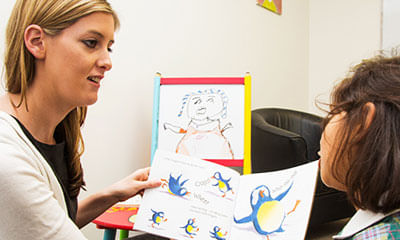Society Phobia
Feelings of shyness or discomfort in certain situations aren't necessarily signs of social anxiety disorder, particularly in children. Comfort levels in social situations vary, depending on the individual's personality traits and life experiences. Some people are naturally reserved and others are more outgoing.
In contrast to everyday nervousness, social anxiety disorder includes fear, anxiety and avoidance that interferes with your daily routine, work, school or other activities.
Emotional and behavioral symptoms
Signs and symptoms of social anxiety disorder can include persistent:
Fear of situations in which you may be judges worrying about embarrassing or humiliating yourself concern that you'll offend someone intense fear of interacting or talking with strangers fear that others will notice that you look anxious fear of physical symptoms that may cause you embarrassment, such as blushing, sweating, trembling or having a shaky voice avoiding doing things or speaking to people out of fear of embarrassmentavoiding situations where you might be the center of attentionhaving anxiety in anticipation of a feared activity or even spending time after a social situation analyzing your performance and identifying flaws in your interaction expecting the worst possible consequences from a negative experience during a social situation
For children, anxiety about interacting with adults or peers may be shown by crying, having temper tantrums, clinging to parents or refusing to speak in social situations.
Performance type of social anxiety disorder is when you experience intense fear and anxiety only during speaking or performing in public, but not in other types of social situations.
Physical symptoms
Physical signs and symptoms can sometimes accompany social anxiety disorder and may include:
Fast heartbeat set stomach or cause trouble catching your breath dizziness or conversations dating attending or feeling" out of body" diarrhea muscle tension
Avoiding normal social situations
Common, everyday experiences that may be hard to endure when you have social anxiety disorder include, for example:
Using a public restroom interacting with strangerseating in front of othersmaking eye contactinitiating conversationsdatingattending parties or social gatheringsmissing work or schoolentering a room in which people are already started returning items to a store
Social anxiety disorder symptoms can change over time. They may flare up if you're facing a lot of stress or demands. Although avoiding anxiety-producing situations may make you feel better in the short term, your anxiety is likely to persist over the long term if you don't get treatment.


+1.svg)
